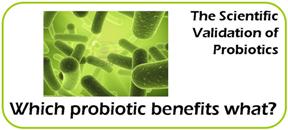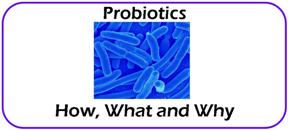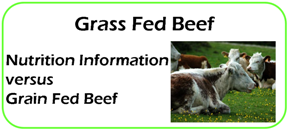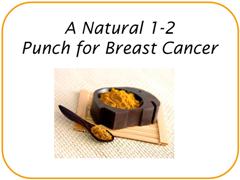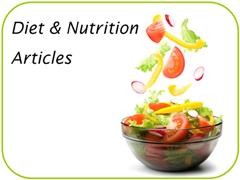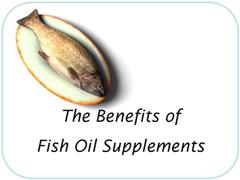|
A Junk Food Tax is unlikely to solve America's health epidemicsOpinionEvery couple years it seems someone proposes a "junk food tax," in which the foods that politicians (and their committees) deem "unhealthy" are taxed more than other foods. The premise is that such a tax would motivate more people to make healthier food choices based on the dollar value. Value is the key word, in my opinion. As in, what is the perceived value of healthy food? The junk food tax proposal supposes that the value of food is predominately financially based, and food choices are therefore, mostly financially motivated. So, let's say that a week's worth of apples is almost the same price as a week's worth of potato chips (which, in my neck of the woods, they are). Who would choose the apples over the potato chips? Now what if the potato chips were less expensive - would the purchasing distribution change dramatically? And vice versa? What would the price differential between the two foods have to be in order for significantly more people to start eating an apple with their lunch instead of chips? It would be an interesting social experiment to watch purchasing behavior if the government did start taxing or subsidizing (is a penalty more motivating than a reward?) certain foods. Based on the people I know, regardless of income level, short of something drastic like a 300% potato chip tax, I suspect purchasing habits would vary very little. In my opinion, the slight difference in price doesn't matter. After all, bananas are almost always cheaper than chips per serving, and a bag of baby carrots (5 servings) is around $1.29 at my local grocery stores. The logic that folks purchase chips and crackers over fresh produce because of price is faulty. By in large, we are talking about adults who, plain and simply, have already decided that they want the chips or they want the apples. You probably have identified yourself with one of those two groups as you're reading this. The bottom line: I bet chips are rarely placed in a cart because they are a cheap way to fill up. Keep in mind, we're not talking about taxing pasta. So now the challenge is obvious: How do we motivate people to buy an apple instead of chips? How do we educate people on the value of healthy foods? C'mon. Who doesn't know that an apple is healthier than a serving of chips? The apple has fiber, vitamins and minerals. It is low-calorie and low-fat. Chips are the opposite. Who doesn't know that a diet high in calories and fat, and low in nutrients will contribute to obesity, heart disease, diabetes, cancer, and more? So ultimately, the real money question is: How do we get people to value their own health? And that, my friends, is something that the government may not ever have any control over. Return to About Us from Junk Food Tax Go to the Science of Natural Health Homepage from Junk Food Tax What do you think about the junk food tax?Do you think a junk food tax would work? Under what conditions? What do you think the underlying issue is? (no registration or login required) |







